Pachelbel’s Canon in D – Not Just a Wedding Song
Pachelbel’s Canon in D is one of the most beautiful pieces of music ever written and is often used in wedding ceremonies – frequently as a processional. It was written by Johann Pachelbel. He was a German composer, organist and teacher. Pachelbel composed during the time of the German Baroque period. Pachelbel studied under some of the German Master’s. The Canon in D Major was the only canon that Pachelbel ever wrote. It is truly not a Canon in the strictest sense, but is what is known in Music circles as a Passacaglia. The Canon is not cannon in the gun sense, but is a style of music categorized by imitation and repetition. First one instrument starts the melody and then after a time delay another instrument starts the melody.
Pachelbel was influenced by the popular composers of the day. He wrote in the tradition of what is known as Nuremberg style. Pachelbel received a great deal of acclaim in his day and he was well regarded in music circles. In fact, the canon may have been composed for and played at the wedding of Johann Christoph Bach in 1694. Pachelbel was a friend of the Bach family, and was a teacher of J. Christoph Bach, Johann Sebastian Bach’s older brother.
The Canon in D major was originally composed as a piece of chamber music for violins, cello and basso continuo. This piece of music underwent a big resurgence in the 1970’s. This was probably due to a recording by John Francois Paillard. There is no direct information when the music became extremely popular as wedding music, but the music was used a theme song for the hit movie Ordinary People, and its popularity increased, It seems as though the Canon has been in vogue for weddings since the early 1980’s, but as mentioned previously, it was played at Christoph Bach’s wedding in the 1600’s.
Many people enjoy Pachelbel’s Canon due to its simplicity. Although it was originally composed as chamber music several versions of the Canon exist and some are used with guitar. It is arguably one of the most recognized pieces of classical music today. The slightly haunting and melodic repeating theme is a favorite of many. It is one of the most used pieces of music today, and although many people would not be able to mention this piece by name, they certainly recognize the music as it has gotten extremely popular particularly since 1970. Paillards recording made this piece widely recognized the world over.
It is a beautiful piece of music, but its popularity for wedding processionals is a bit curious, as the strains although peaceful are not particularly joyful. The 1970’s also saw new ways to use the music, rock, new age, ambient and pop versions of the music were created. The music has also been used in some popular pop songs. “Cryin” by Aerosmith, “Tunnel of Love” by Dire Straits, as well as “Let it Be” by the Beatles. Movie and TV series have also” been based on the Canon inspired or inspired by it, “13 going on 30, and “Runaway Bride” has also used the Canon. Commercials have also used the music like the Coca Cola TV ad for the World Cup in 2006, as well as a GE commercial in 1980’s.
This music has been immensely popular during the modern era. It is most often played as processional music for the bride and groom. Canon in D by Pachelbel is often included in wedding music that has a traditional feel. This is the most common wedding music played as well as Trumpet in Air, which is also routinely played at wedding processionals.
Some brides and grooms that wish to have traditional music, with a different sound may choose to have a Celtic version of the Canon played. There are different arrangements currently being used which give the music a completely different sound.
Versions of the new sound of the Canon are available online on various music sites. Some of the new age, piano, guitar and techno versions of the canon are being played in weddings today, for those who favor the use of the Canon as a processional song.
Many of the modern versions of the Canon are available for wedding music. Enough versions of Pachelbel Canon in D exist that one is sure to find something that will make the music to your wedding be the best it can be, and something you will be happy with.


